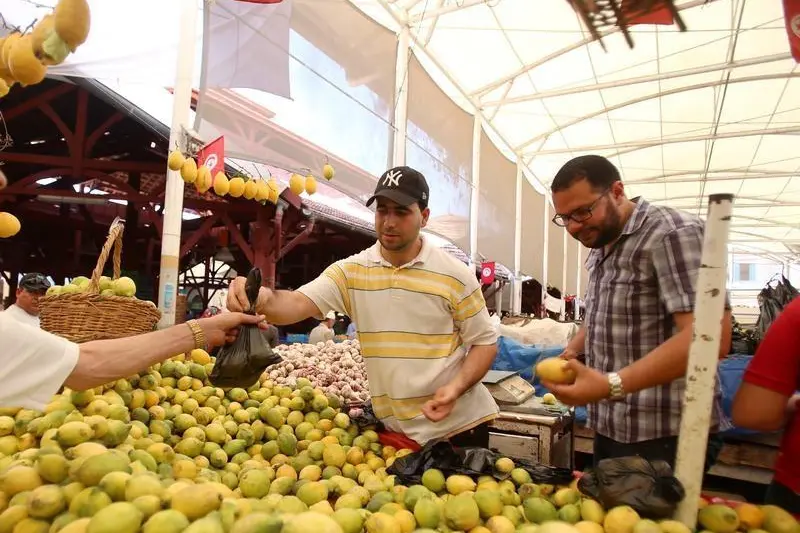PHOTO
The pace of inflation would slightly rise from the third quarter 2016, to an average of 3.6% throughout the year 2016 and 4.2 % in 2017, according to the Central Bank of Tunisia (BCT).
By main components, and with an almost general increase in local production and strengthened control over distribution channels, inflation of fresh food is expected to continue on an upward trend, albeit at a slower pace.
As for inflation of regulated products, the absence of significant pressures on world prices of basic foodstuffs and energy would promote relaxation of the pace of growth of prices of this product group.
Automatic adjustment of fuel prices in early July
The entry into force of the fuel price automatic adjustment mechanism at international prices, at the beginning of next July and the announcement of a new price reduction on the same date should help maintain inflation of regulated products at a relatively low level in 2016.
As for core inflation (excluding fresh and regulated products), it is expected to remain on a downward trend, albeit at a moderate pace, to stand, on the entire 2016, slightly above 5%, before falling back to 4.6% by 2017.
This downward trend is backed by the absence of strong pressure on world prices of raw materials, second-round effects from the downward adjustment of energy prices and the easing of pressures from the demand.
The risks surrounding inflation appear broadly balanced. On the one hand, a more upward path of oil prices and a more significant pass-through of the increase in labour costs may promote price acceleration. On the other hand, the persistent weakness of consumer demand should push for further relaxation of inflation.
© Tunis-Afrique Presse 2016





















